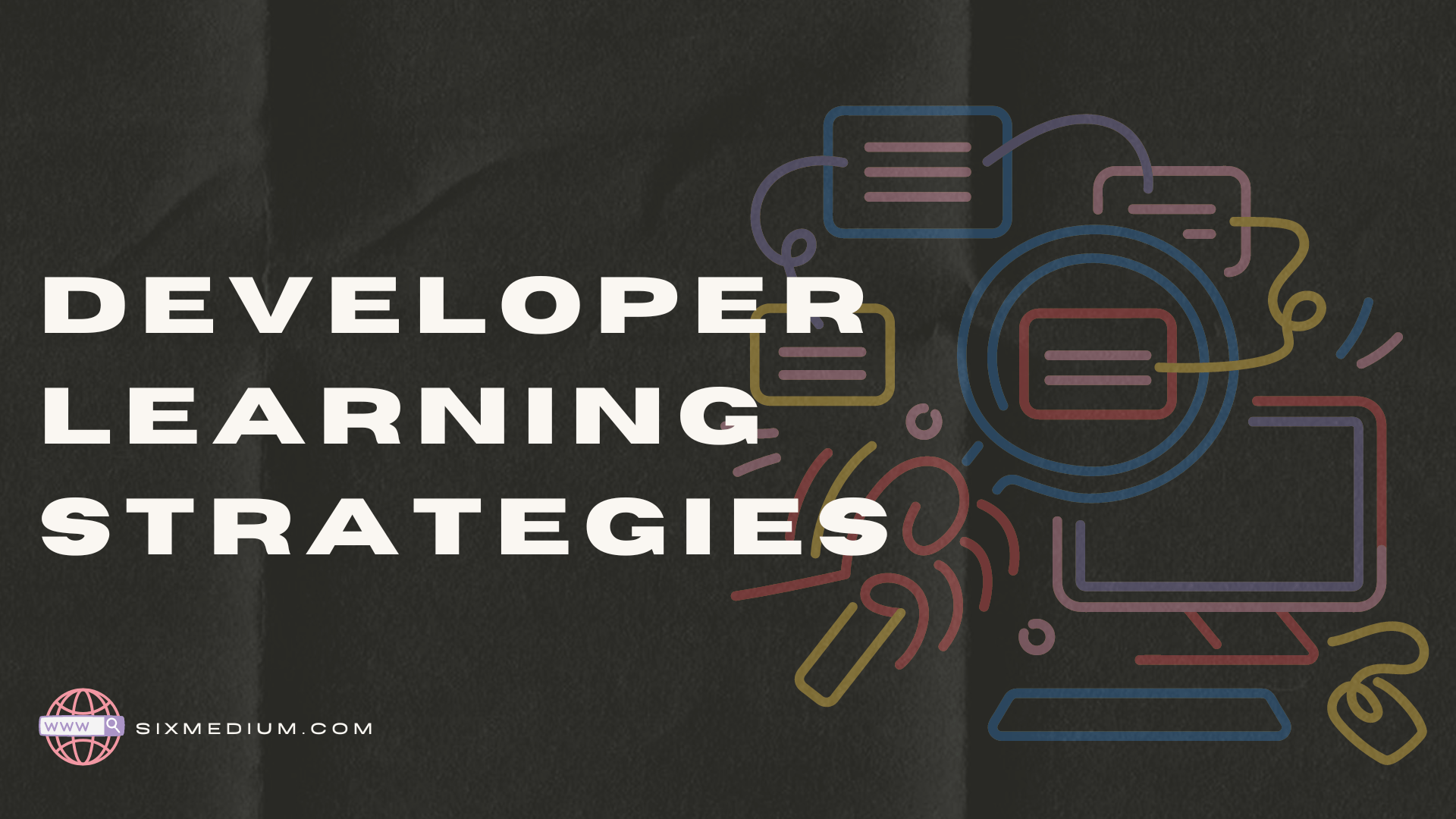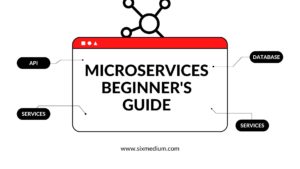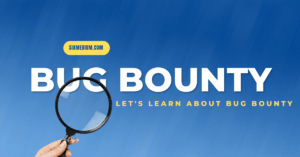Introduction:
- Hook: Engage the reader by highlighting the importance of continuous learning in the rapidly evolving field of software development.
- Briefly introduce the topic of developer learning strategies.
- Mention the benefits of adopting effective learning strategies for career advancement and personal growth.
1. Continuous Learning Mindset:
- Discuss the significance of having a growth mindset in the tech industry.
- Explain the concept of continuous learning and its role in staying relevant and adaptable.
- Include relevant keywords such as “developer learning mindset” and “growth mindset.”
2. Effective Resource Management:
- Provide tips for managing time and resources efficiently for learning purposes.
- Discuss strategies for prioritizing learning goals and allocating time for self-study.
- Include keywords like “time management for developers” and “learning resource allocation.”
3. Choosing Learning Resources:
- Explore different types of learning resources available to developers, including online courses, books, tutorials, and coding bootcamps.
- Offer guidance on selecting high-quality resources that align with individual learning preferences and goals.
- Incorporate keywords such as “best programming tutorials” and “top online coding courses.”
4. Building a Personal Learning Plan:
- Explain the importance of creating a personalized learning plan tailored to individual strengths, weaknesses, and career aspirations.
- Provide a step-by-step guide for developing a learning plan, including setting SMART goals and tracking progress.
- Use keywords like “personalized learning plan” and “developer career goals.”
5. Balancing Depth and Breadth:
- Discuss the benefits of both deepening expertise in a specific technology or domain and broadening knowledge across various areas.
- Offer strategies for striking a balance between depth and breadth in learning.
- Use keywords such as “specialization vs. generalization” and “broadening technical skills.”
6. Hands-On Learning:
- Emphasize the importance of practical, hands-on experience in learning programming concepts and technologies.
- Recommend project-based learning approaches and coding challenges to reinforce theoretical knowledge.
- Incorporate keywords like “hands-on coding practice” and “project-based learning.”
7. Community Engagement:
- Highlight the value of engaging with developer communities for networking, knowledge sharing, and mentorship.
- Provide suggestions for finding and participating in relevant online and offline communities.
- Include keywords such as “developer community engagement” and “tech meetup groups.”
8. Feedback and Reflection:
- Stress the importance of seeking feedback on coding projects and reflecting on learning experiences.
- Offer tips for soliciting constructive feedback from peers, mentors, and online forums.
- Use keywords like “coding feedback loop” and “learning reflection techniques.”
9. Overcoming Learning Challenges:
- Address common challenges encountered during the learning process, such as imposter syndrome, burnout, and information overload.
- Provide practical strategies for overcoming these challenges and staying motivated.
- Incorporate keywords such as “developer learning challenges” and “overcoming imposter syndrome.”
10. Conclusion:
- Summarize the key points discussed in the blog post.
- Reinforce the importance of adopting effective learning strategies for ongoing professional development.
- Encourage readers to implement the tips and techniques provided to enhance their learning journey.
Call to Action (CTA):
- Invite readers to share their own learning strategies or experiences in the comments section.
- Encourage them to subscribe to the blog for future updates on developer-related topics.



